Prime Minister Anthony Albanese has announced plans to establish a $1.2 billion Critical Minerals Strategic Reserve as part of Australia’s strategy to strengthen its domestic supply chains and reduce dependence on China amid ongoing global geopolitical tensions and trade uncertainties.
The reserve will focus on stockpiling minerals essential for advanced manufacturing, defence, and clean energy, such as lithium, cobalt, gallium, graphite, and rare earth elements used in electric vehicle batteries, semiconductors, and military equipment. This initiative aims to provide Australia and its allies with a secure supply of critical resources while boosting economic opportunity and national resilience in a volatile global market.
The strategic reserve, expected to launch in the second half of 2025, will involve direct purchases and agreements with commercial producers to secure future mineral supplies. It intends to act as a buffer against supply chain disruptions caused by geopolitical trade restrictions, including recent export curbs from China and tariffs from the United States.
Albanese emphasized that the reserve would strengthen Australia’s position in international markets by holding an internationally significant quantity of minerals and allowing the government to manage supply volatility without directly subsidising production.
The plan also forms part of Labor’s broader policy focus on sovereign capability and industrial development amid a global shift towards critical minerals as vital strategic assets.
Media Headlines & Framing
Context & Background
The creation of a Critical Minerals Strategic Reserve comes at a time of heightened global trade tensions, including the imposition of a 10% tariff on Australian exports by the United States, and increasing geopolitical competition around critical mineral supply chains dominated by China. Critical minerals like lithium, cobalt, and rare earth elements are essential components for modern technologies such as electric vehicles, renewable energy systems, semiconductors, and defence equipment, placing them at the forefront of national security and economic resilience discussions globally.
Australia holds significant reserves of many of these minerals, positioning it as a key player in efforts to diversify global supply away from China’s dominant processing and export capabilities. The reserve is intended to function as both a strategic buffer against supply disruptions and as a vehicle to enhance Australia’s sovereign industrial capacity, supporting allied nations reliant on these resources. This initiative reflects a broader global shift recognizing critical minerals as strategic assets integral to national security and economic stability, beyond their traditional role as commodity exports.
In This Story
Anthony Albanese
Anthony Albanese is the Prime Minister of Australia and leader of the Australian Labor Party. Since taking office, he has focused on economic resilience, industrial development, and national security, with recent emphasis on critical minerals as strategic assets amid global geopolitical tensions.
Australian Government
The federal government of Australia, led by the Prime Minister, is responsible for national policy and international relations. This government is implementing the Critical Minerals Strategic Reserve as part of its broader sovereign capability and economic security agenda.
Critical Minerals
Critical minerals include rare earth elements, lithium, cobalt, and other minerals essential to high-tech manufacturing, clean energy, and defence industries. Their secure supply has become a focus of geopolitical strategies worldwide.

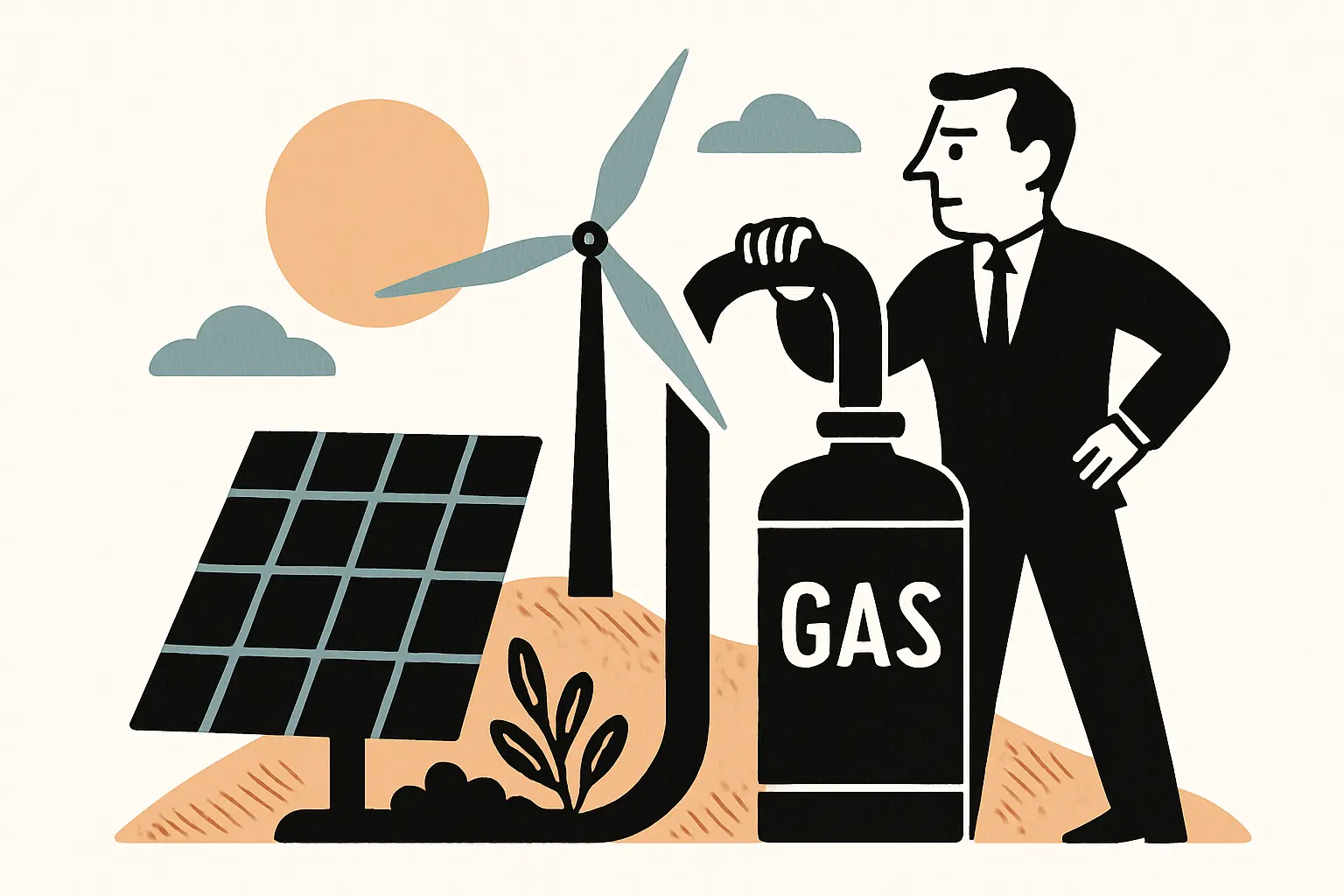
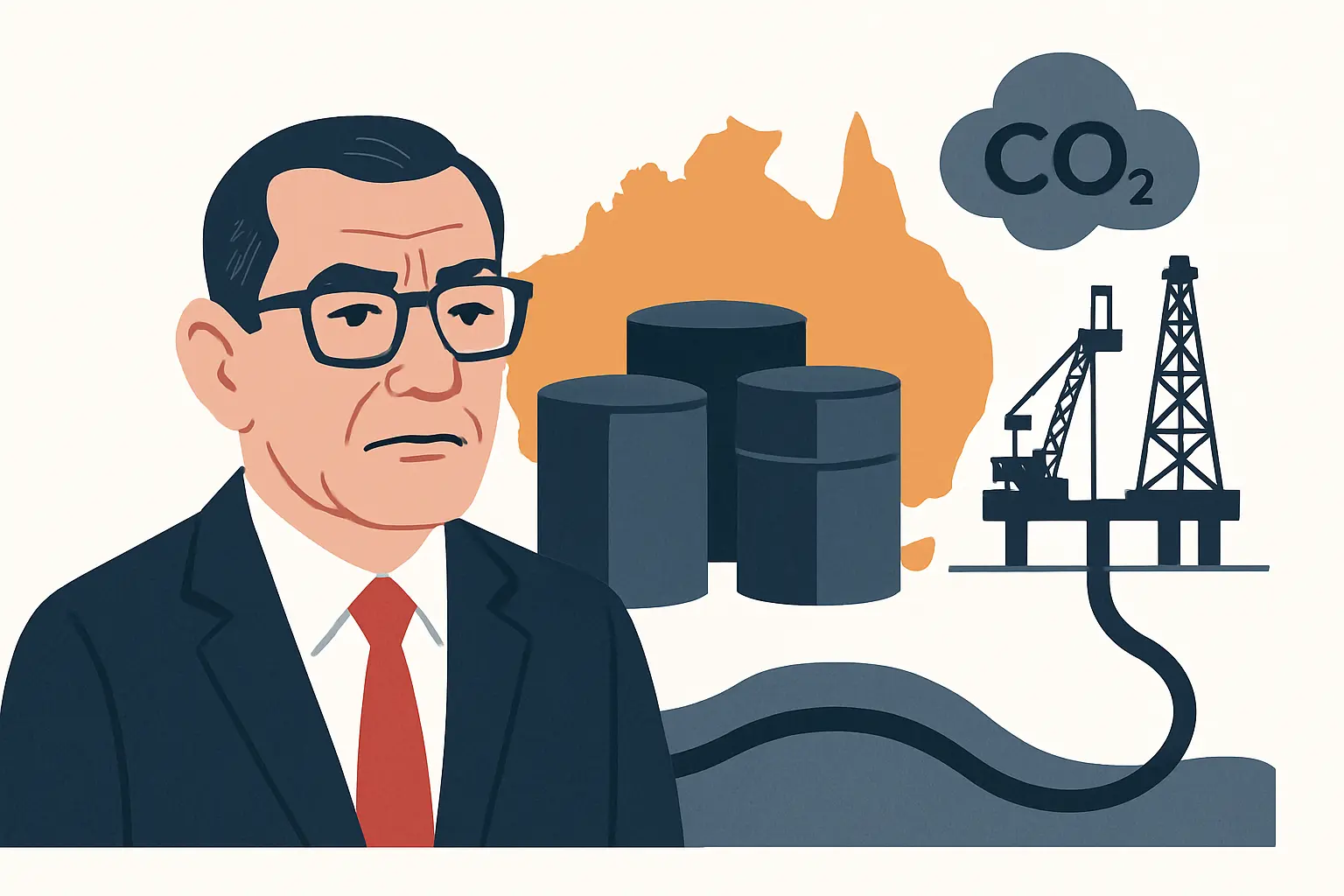
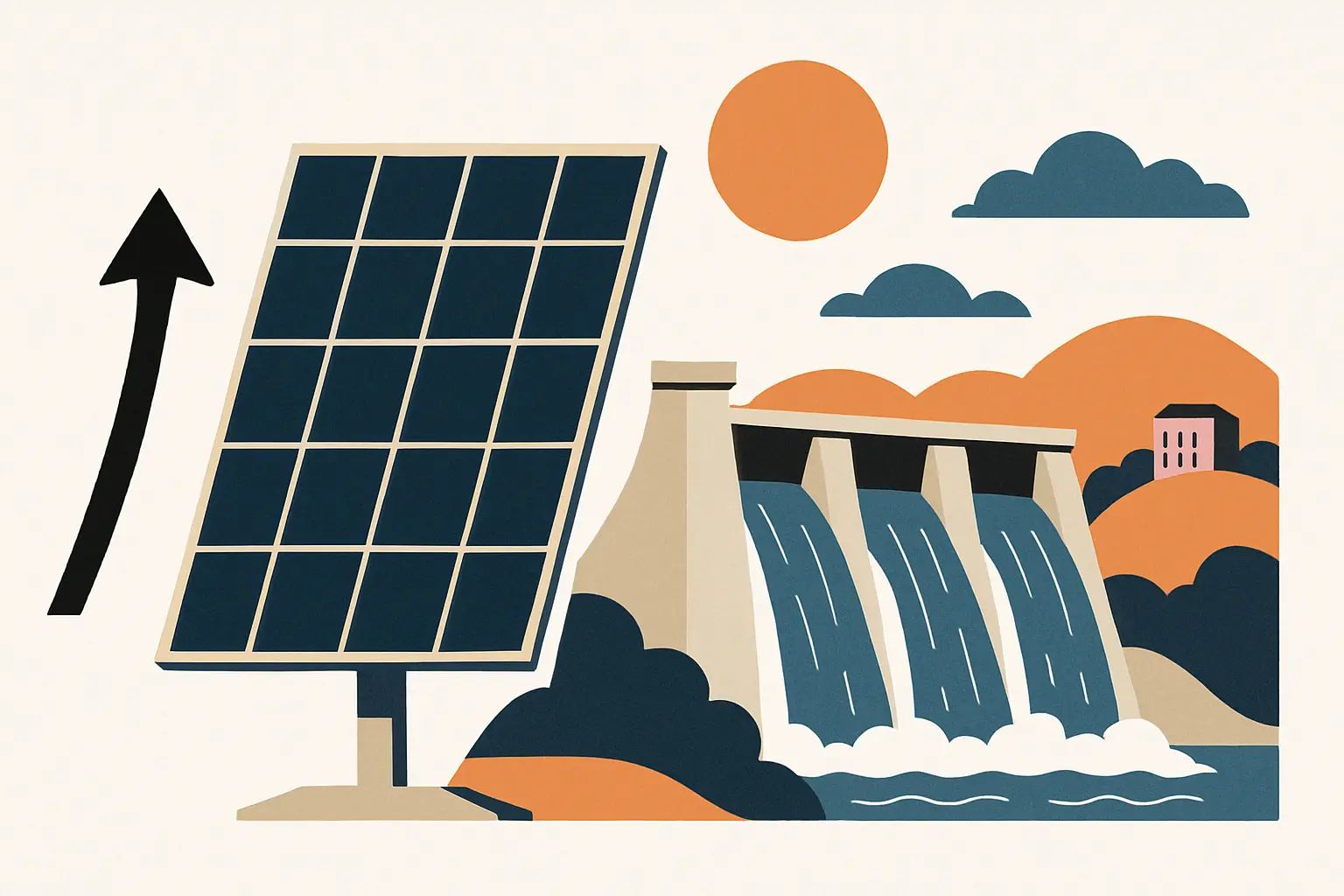
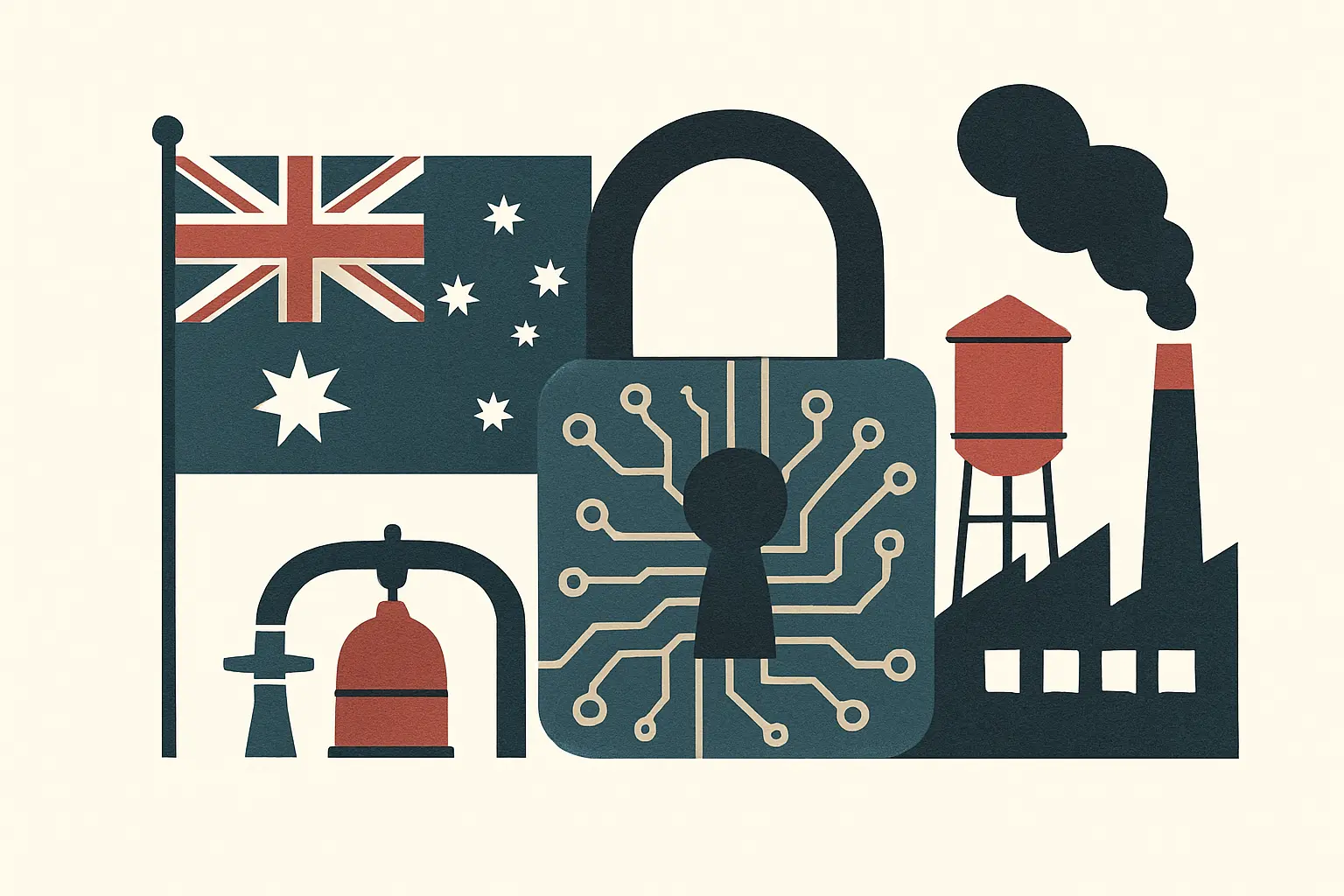



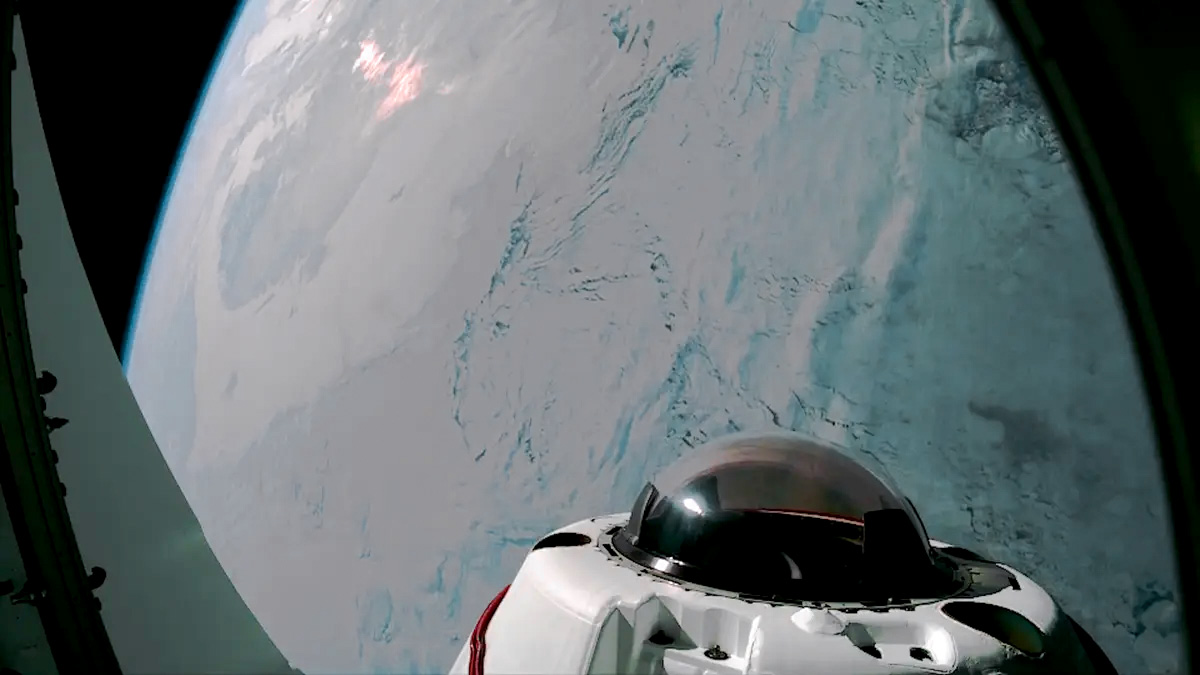
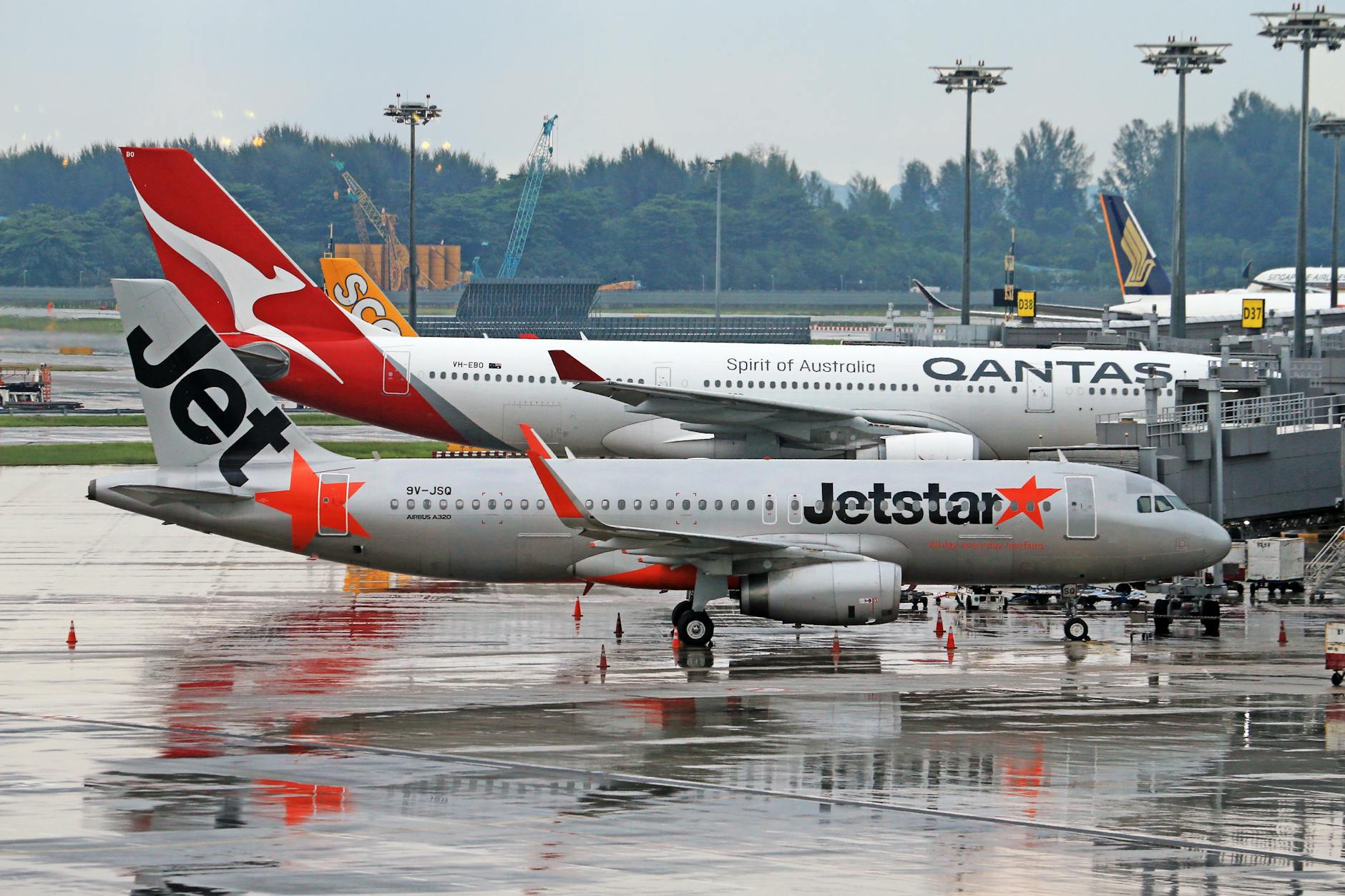


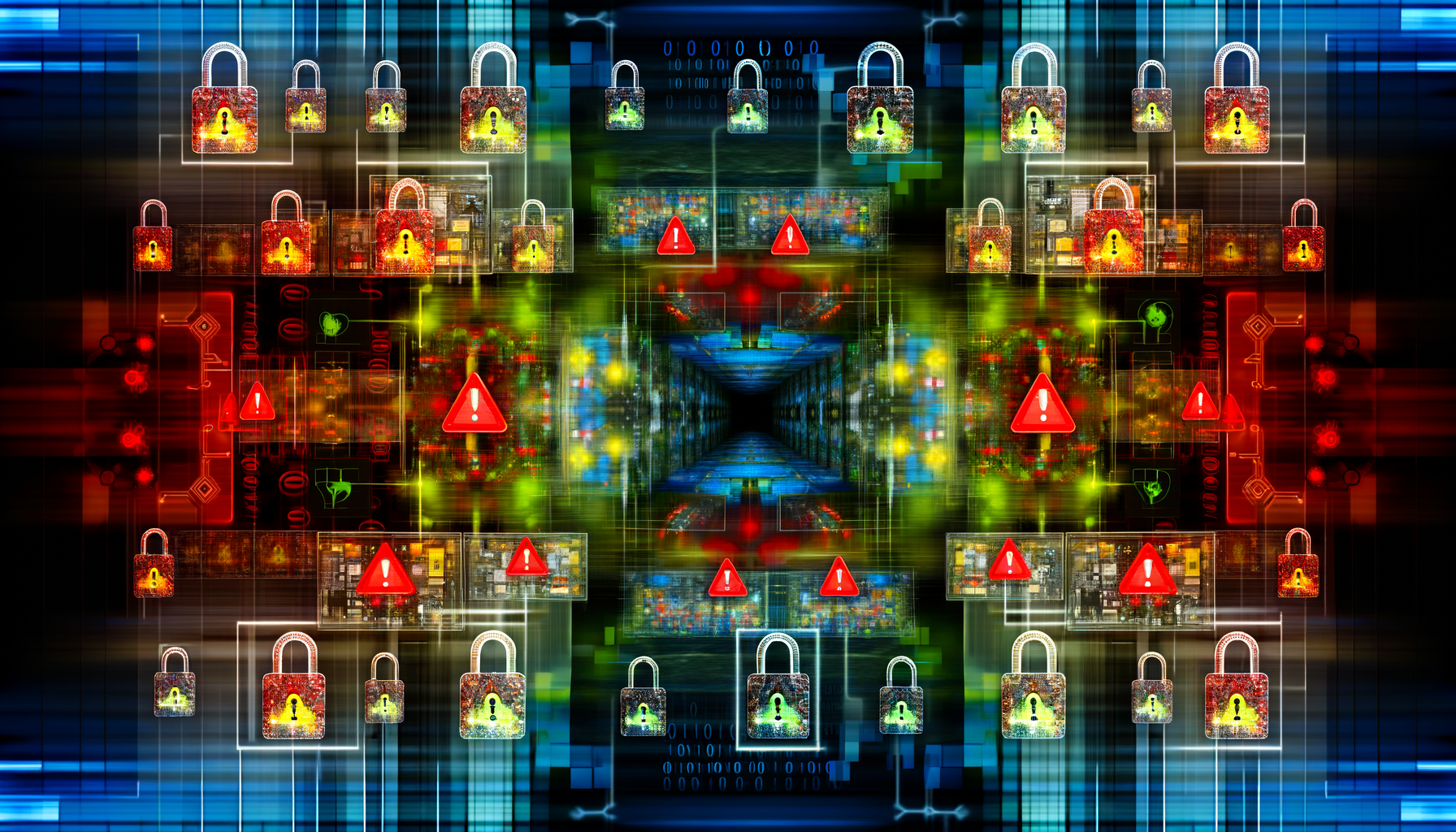
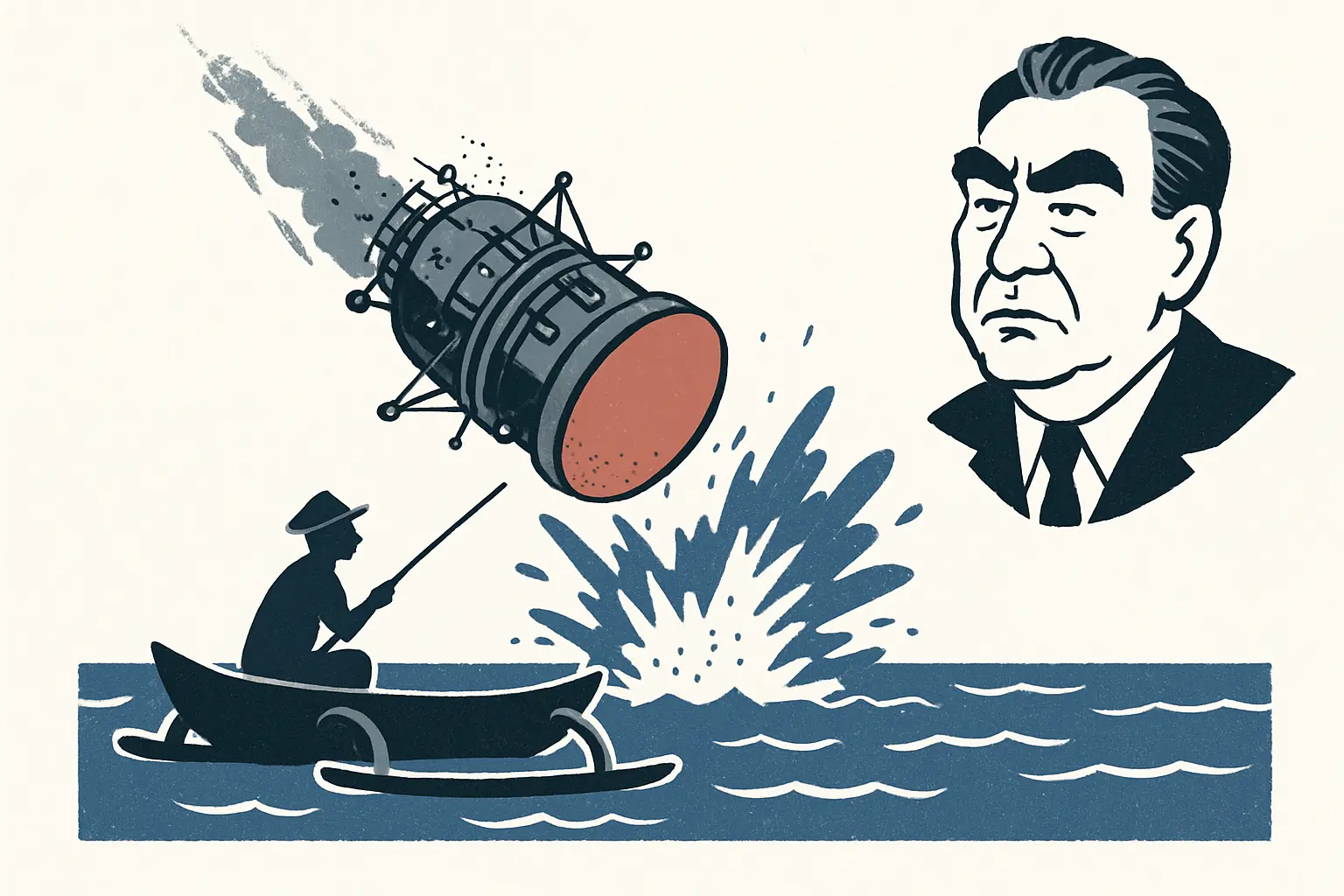

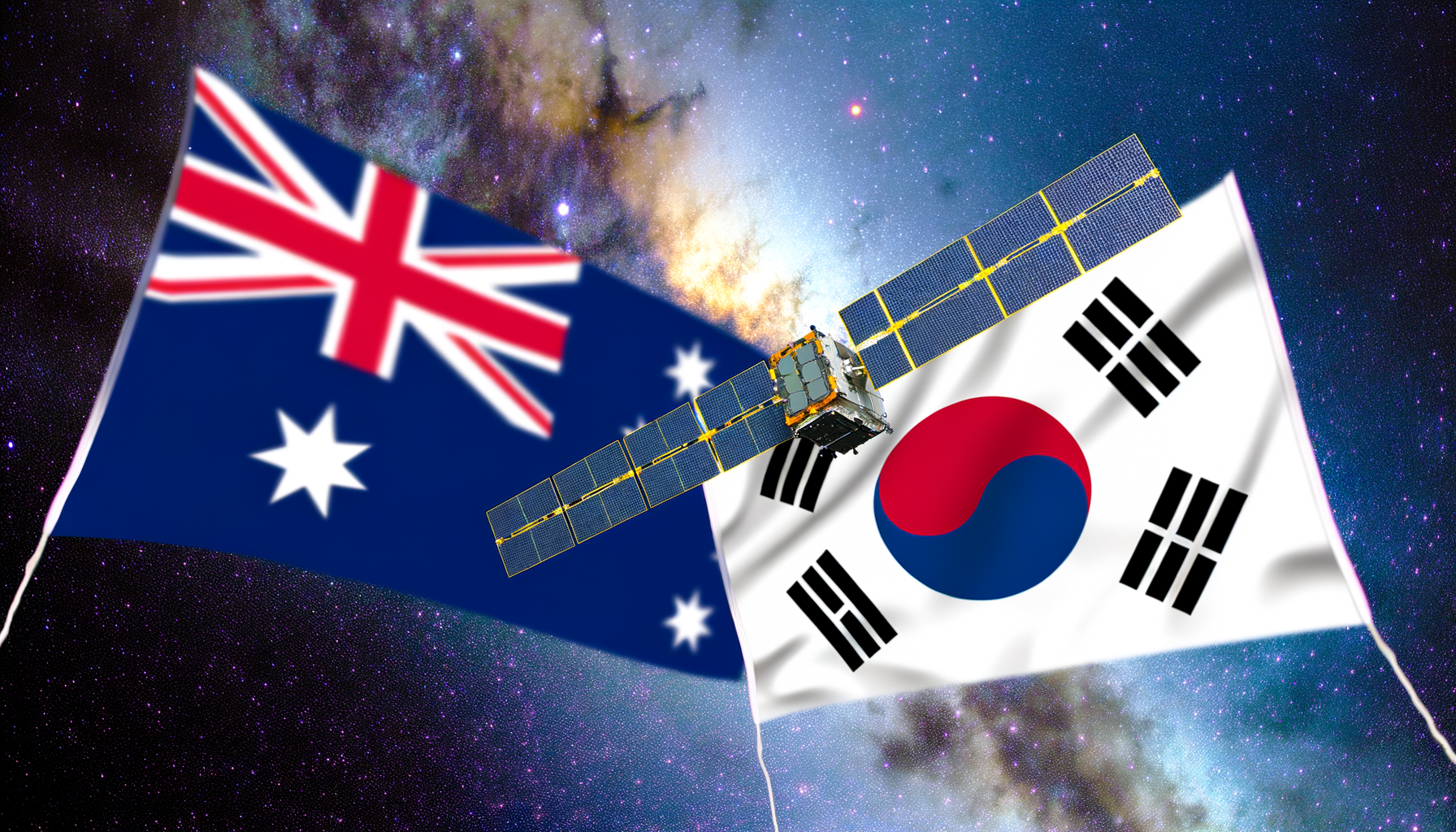
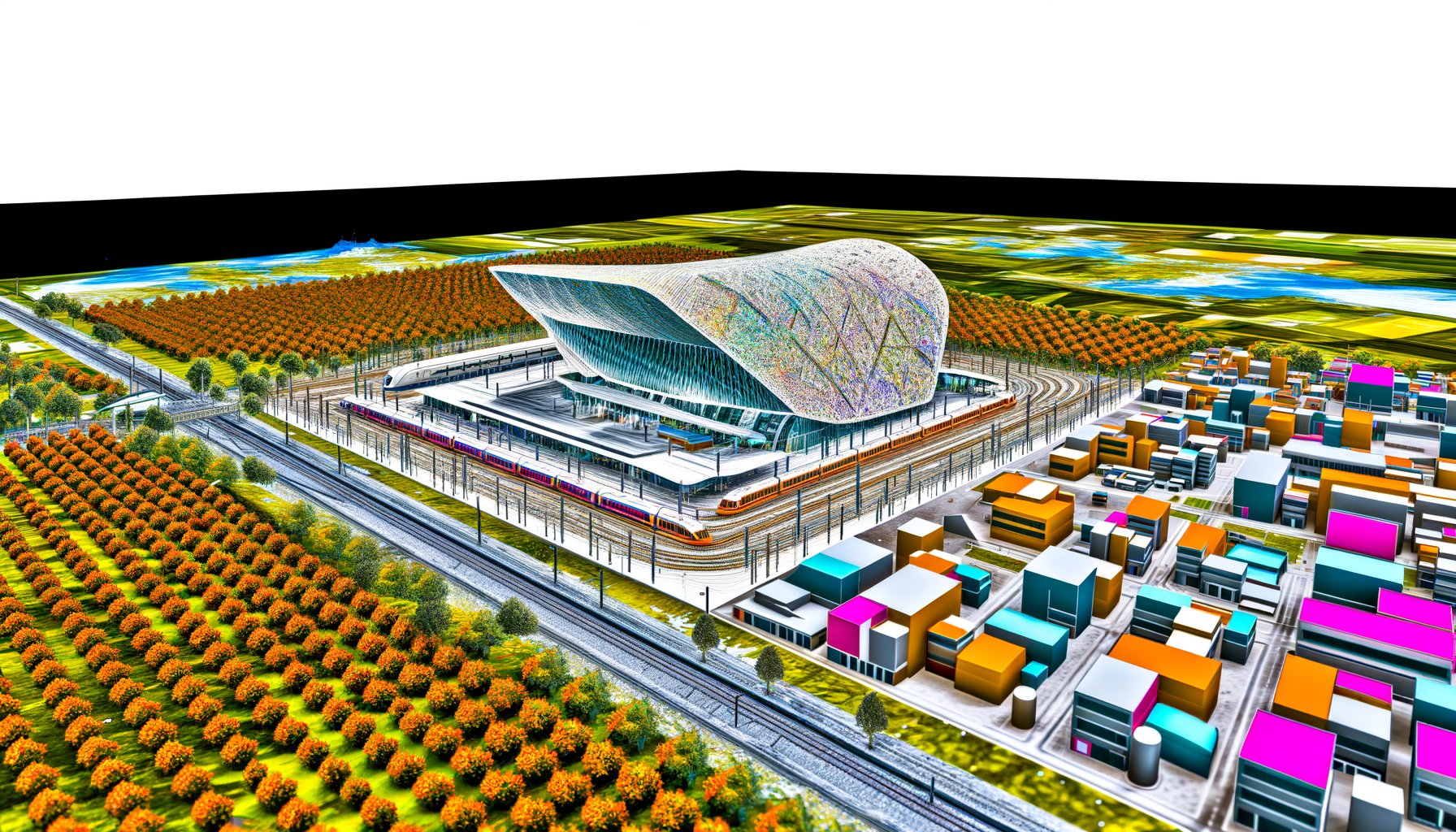
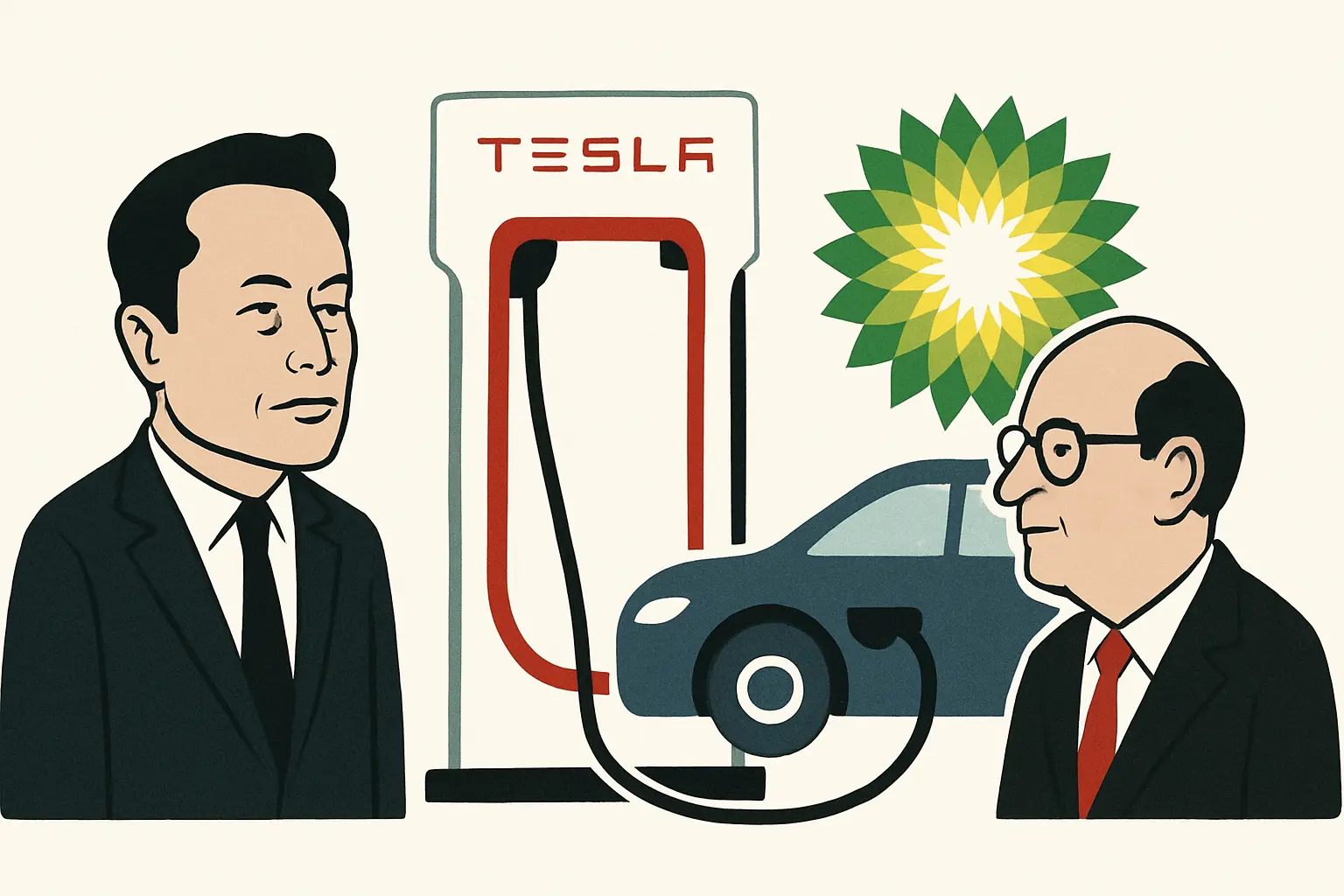
Comments are closed.